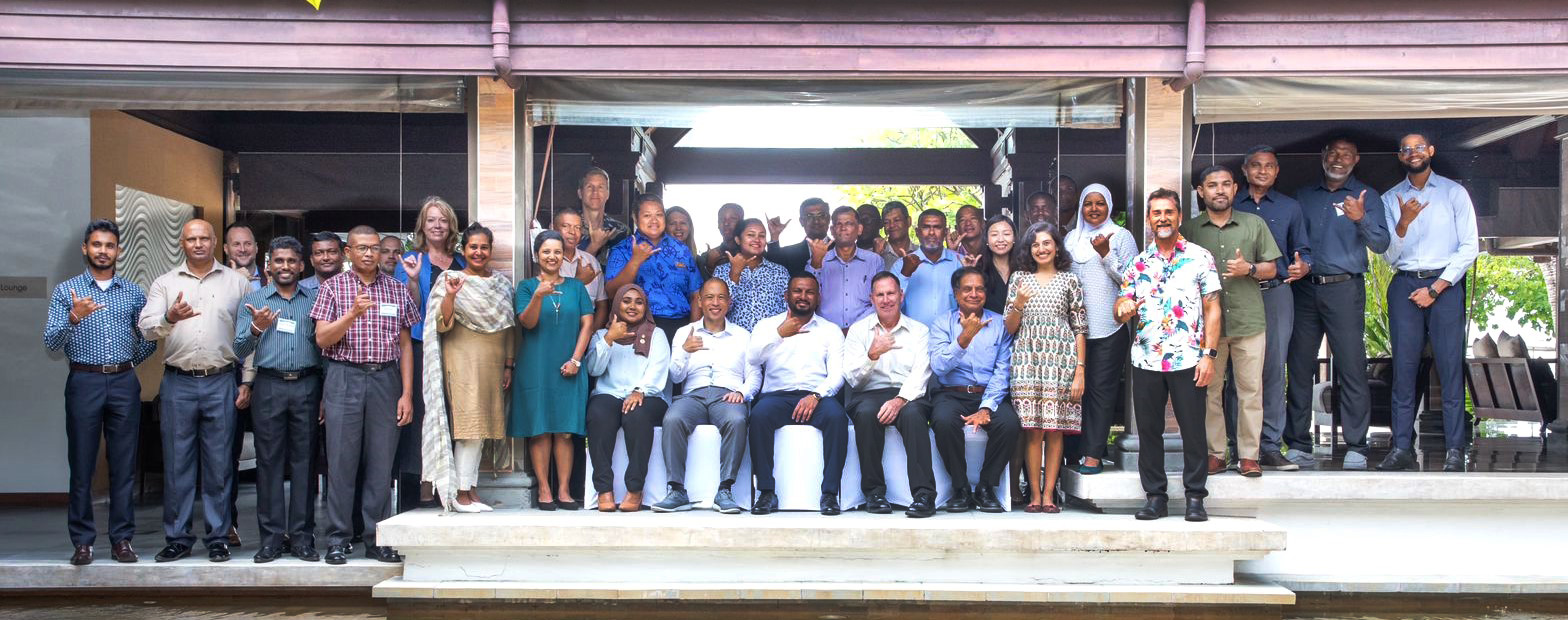
The Daniel K. Inouye Asia-Pacific Center for Security Studies recently hosted a workshop on “Building Climate Resilience in Small Island Developing States (SIDS): Partnerships for Adaption in the Indian Ocean Region” from Sept. 9 to 12 in Vihamanaafushi, North Male Atoll, Maldives.
The workshop was a follow-up to the 2023 Climate Adaptation workshop DKI APCS hosted in Nepal.
According to workshop lead Shyam Tekwani, “Among the factors rendering SIDS particularly vulnerable to climate disruption impacts are their geographical isolation, limited resources, near-sea-level topographies (especially for atoll islands), limited groundwater and aquifer capacities (and thus high dependence on regular rainfall), economic dependence on sectors such as agriculture and tourism, and lack of governmental capacities to cope with current crises, much less to plan and implement effective mitigation of and adaptation to future catastrophes.”
During the workshop, senior Ministry of Defense officials and subject matter experts gave scene-setting presentations to international participants with responsibilities relating to climate security from Comoros, Maldives, Madagascar, Mauritius, Seychelles, Sri Lanka, the United States, and India. Breakout sessions were then convened by stakeholders for candid dialogue responding to key framing questions.
These facilitated discussions, augmented through the use of a tabletop exercise, were designed to encourage critical thinking about the future of climate change and security and to synthesize diverse perspectives to form prioritized recommendations. Emphasis was given to pragmatic areas of cooperation where participants can follow up with colleagues to establish future projects.
Several senior dignitaries attended the event, including several DKI APCSS alumni:
Minister of State for Defence, Mr. Muaz Haleem (CSC 24-1); Minister of Climate Change, Environment and Energy, Mr. Thoriq Ibrahim; Chief of Defence Services (CHODS), Major General Ibrahim Hilmy (ASC 14-3); Deputy Minister of Defence, Ms. Fathimath Mizna Ali (CSC 24-2); US AMB to the Maldives, Mr. Hugo Yon; and Deputy Chief of Mission (DCM), Ms. Chunnong Saege.
Minister of State for Defence and DKI APCSS alumnus (CSC 24-1) Muaz Haleem delivered the opening remarks for the workshop. He stated that climate change resilience is a global issue requiring a unified response. He noted that no single nation, especially small states like ours, can combat climate change alone. Effective strategies and solutions must come from international collaboration and shared responsibility.
Minister of Climate Change, Environment, and Energy, Mr. Thoriq Ibrahim, highlighted the increasing challenges associated with climate change. He emphasized that climate change is a “threat multiplier” that can endanger health, food, water, critical infrastructure, and national security. He also noted that while climate change is an existential threat to the Maldives, the Maldives “is here to stay” and is proactively investing in adaptation measures ranging from building new artificial islands with higher elevation to planned migration and diversification of the economy.
This workshop was funded by the Defense Operational Resilience International Cooperation (DORIC) program to enhance mission capability by mitigating climate risk and enhancing the capabilities, capacities, and resilience of the national security forces of partner countries to face the challenges of climate change.
Related links:
- Opening Remarks https://x.com/MoDmv/status/1833710733856547322
- IORA post: https://www.linkedin.com/posts/indian-ocean-rim-association_iora-sids-indianoceanregion-activity-7239915154706956288-lVGm?utm_source=share&utm_medium=member_desktop
- Nepal Workshop: https://dkiapcss.edu/climate-adaptation-building-partnerships-for-resilience-in-south-asia/


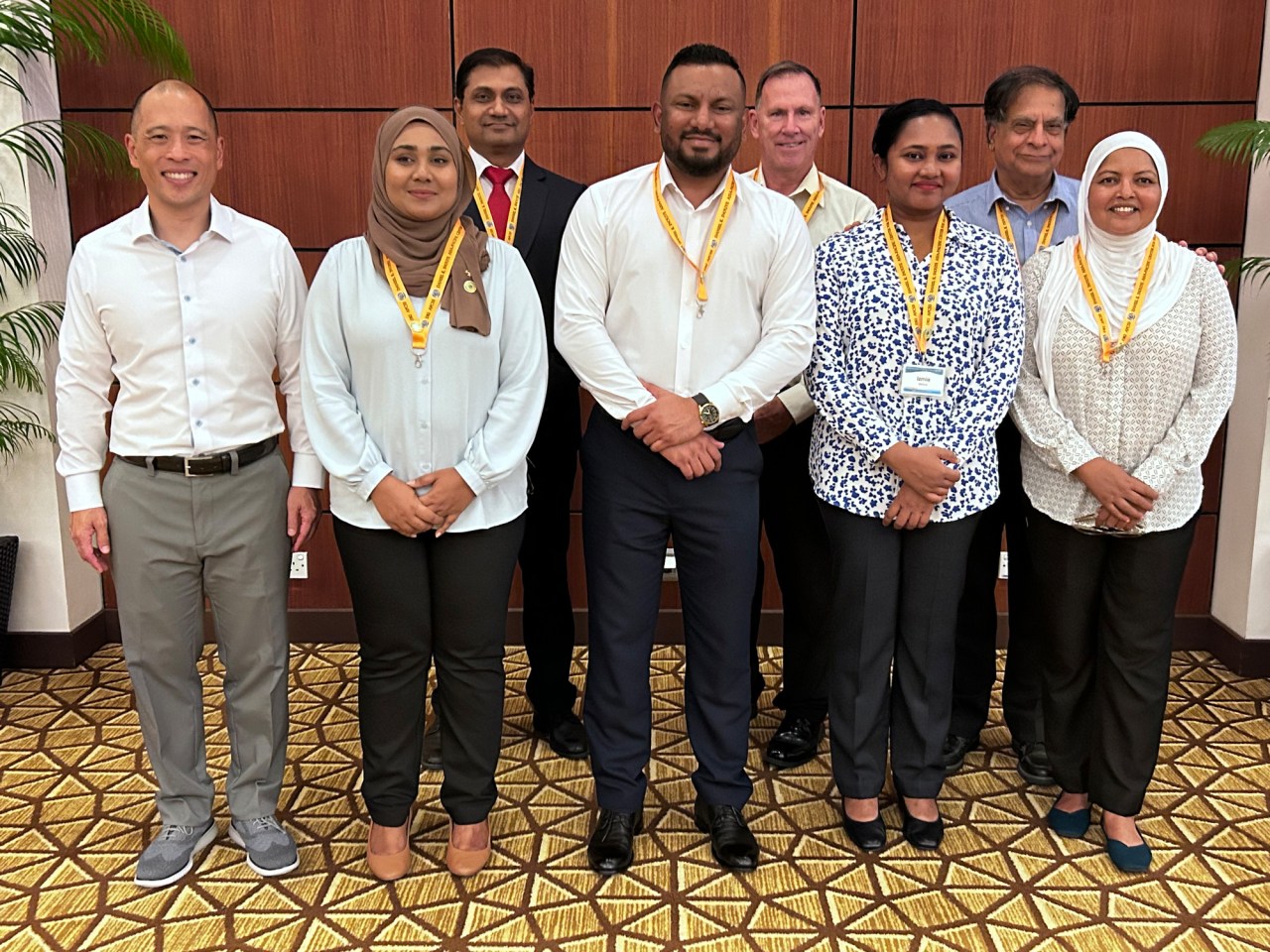
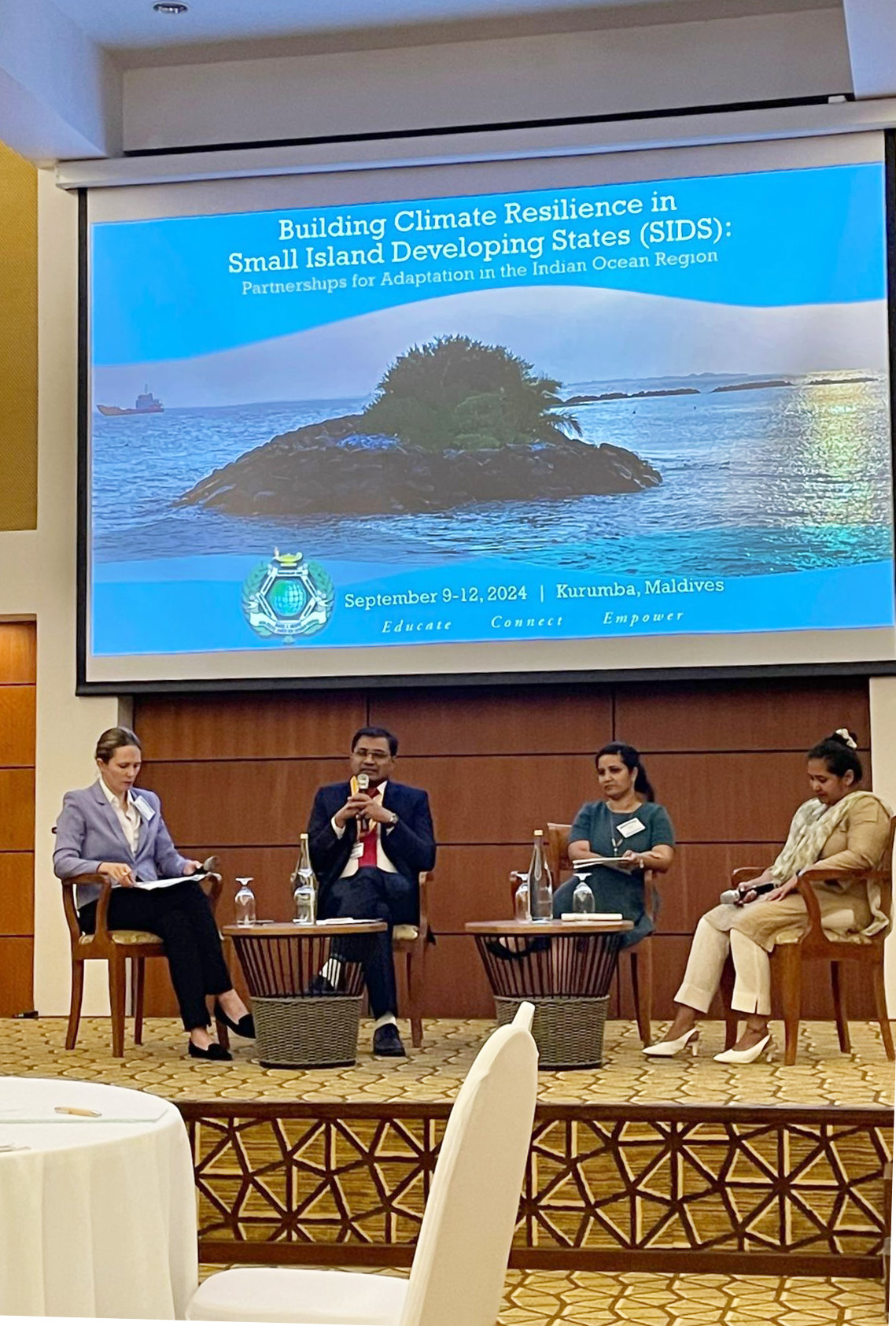
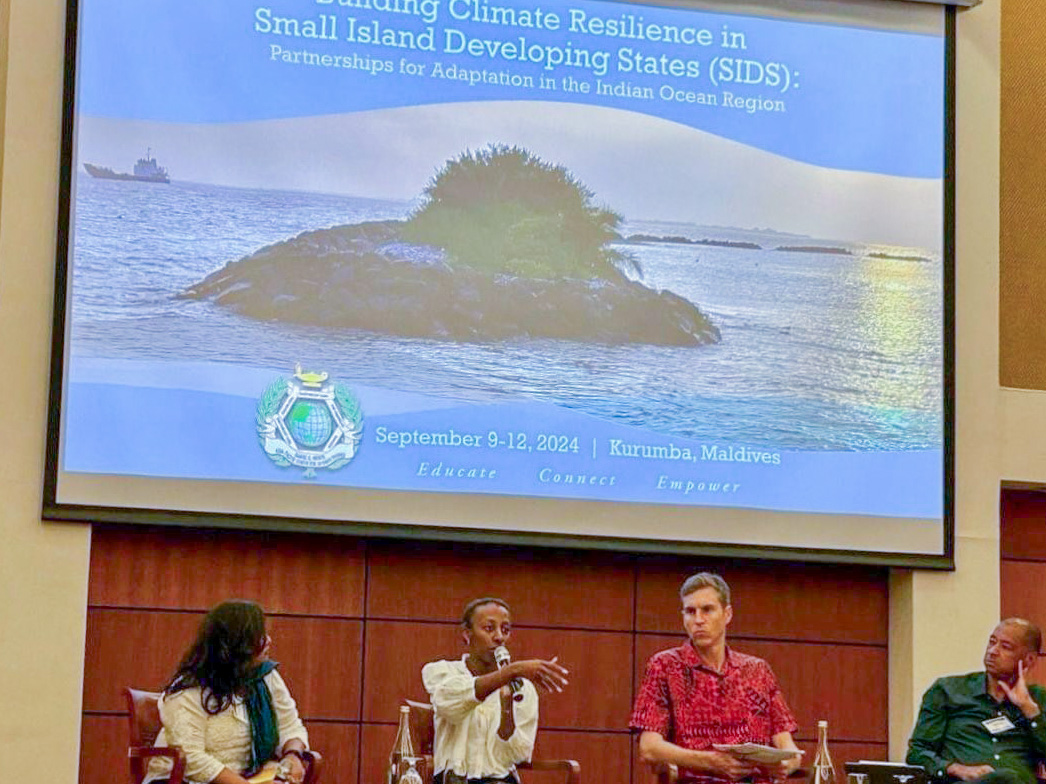
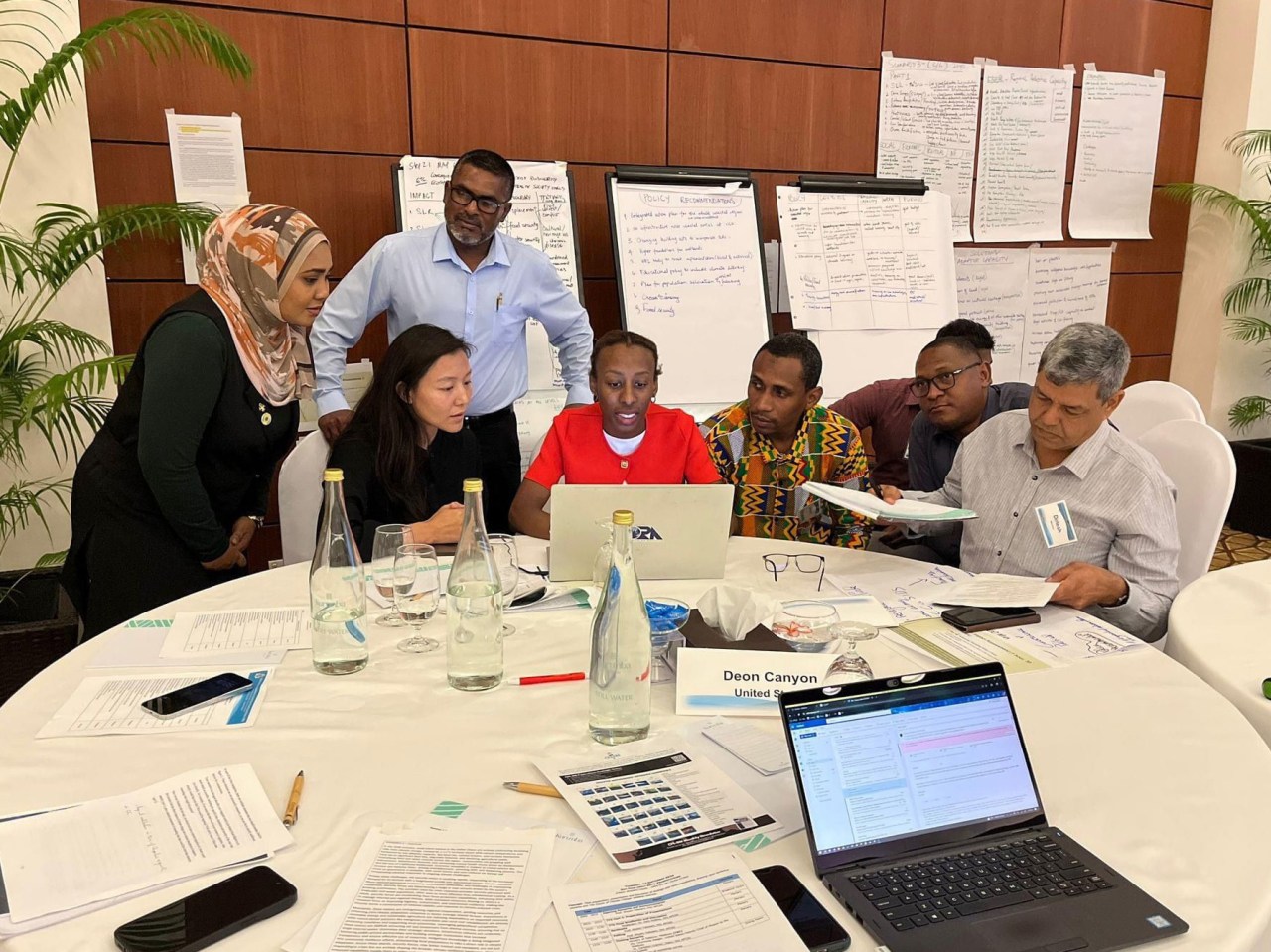
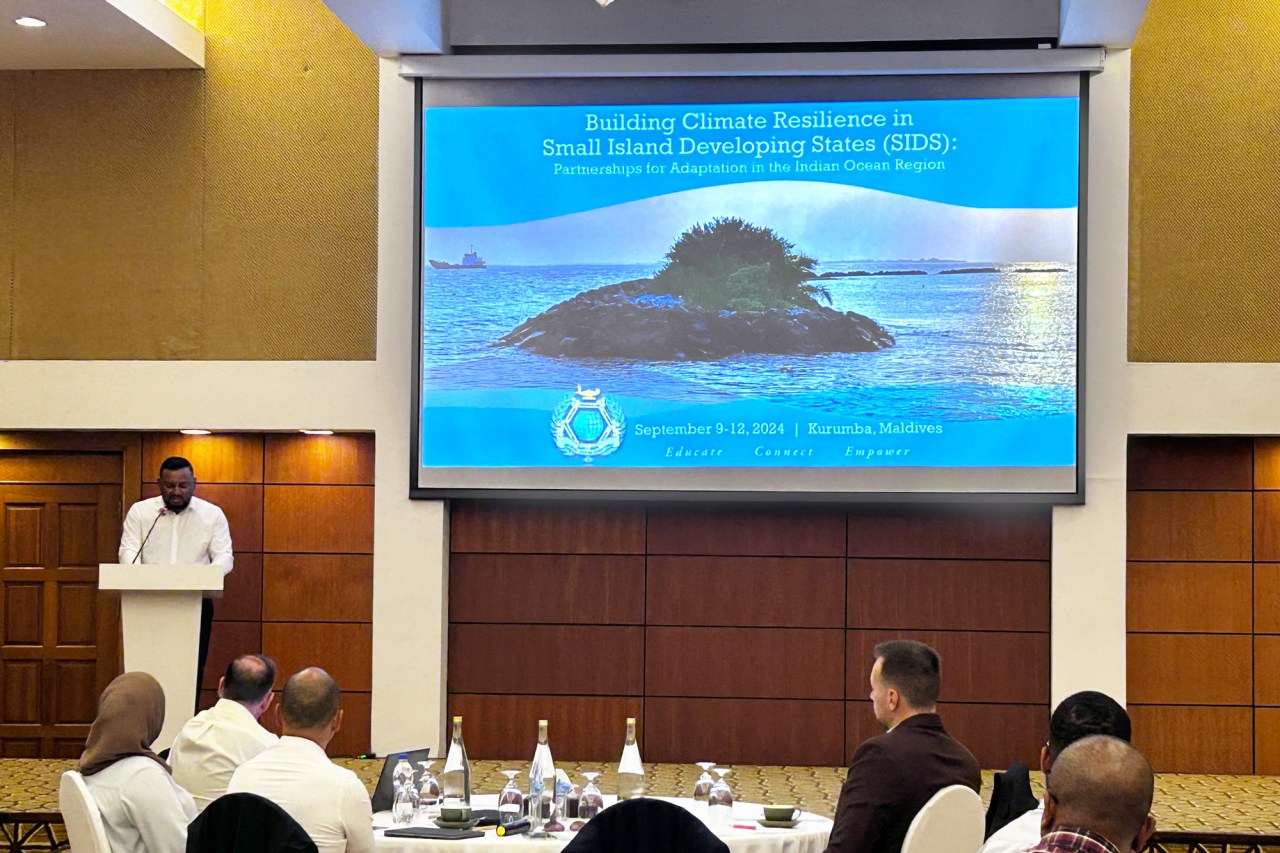

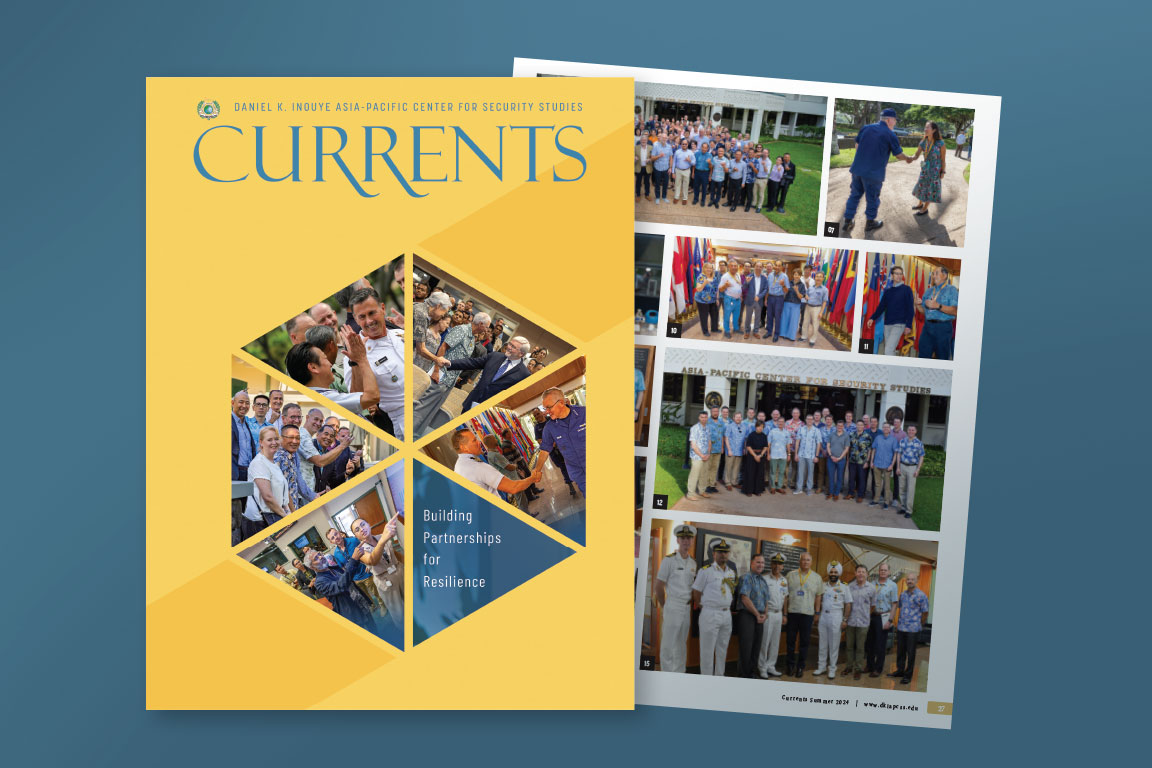





[…] Building Climate Resilience in Small Island Developing States: Partnerships for Adaption in the Indi… […]